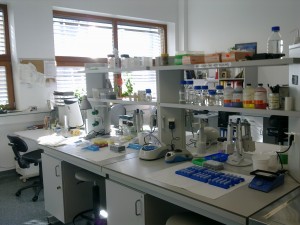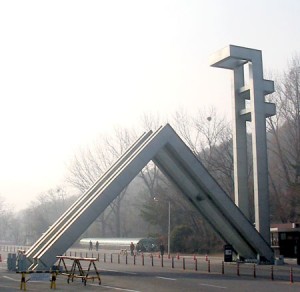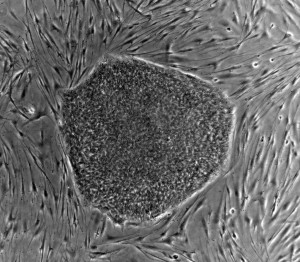Does everyone deserve a second chance? That’s the question many people are asking with regard to Korean researcher Hwang Woo-suk, who may go down as one of the most controversial scientists in modern history. He’s been at the “centre of one of the largest investigations of scientific fraud“. He’s been convicted of embezzlement and violating bioethics. And there’s even been an award-winning movie based on his spectacular fall from grace.
So who is Hwang and what exactly did he do wrong? If the name doesn’t immediately ring a bell, you’re not alone. The once-renowned scientist has kept a relatively low profile over the last decade. It was only when I started working in the news industry in South Korea did I realize his name had become synonymous with bad science and the dangers associated with the pursuit of success in academia.
Hwang’s story starts at Seoul National University (SNU), arguably the top post-secondary institution in South Korea. Overcoming poverty, Hwang became a professor of biotechnology at SNU in 1986 and one of the country’s leading scientists in stem cell research. His success story made him a national icon, often referred to as a “rock star” in his field. In retrospect, perhaps all this attention created unrealistic expectations and placed tremendous pressure on Hwang to reach even higher.
At the peak of his career, the prestigious journal Science published two papers in 2004 and 2005 claiming that Hwang had become the first in the world to successfully clone human embryos. During this period, Hwang was no stranger in promoting the benefits of his cloning research to harvest stem cells for medical treatments. Such promises granted him ample funding and raised the hopes of patients worldwide.
In what would mark the beginning of the end, rival scientific journal Nature accused Hwang of serious ethical violations shortly after his assumed ground-breaking discovery. These included acquiring samples of human embryos from his own graduate students and even the black market. What was even more shocking was the revelation that Hwang had faked his experimental findings about cloning human embryos and the relevant stem cell research. To make matters worse, Nature even reported that his actions would have an international fallout in undermining all stem cell research.
Hwang was fired from his job, barred by the government from conducting human clinical research, and indicted on multiple charges including fraud and embezzling over US$3 million dollars in public funding. The resulting scandal caused a media frenzy, culminating into a dramatic film titled “Whistle Blower” which went onto become a box-office hit in South Korea.
However, things are looking up for the disgraced scientist. Going back to his roots as a veterinarian, Hwang now leads his own biotech lab in Seoul that clones dogs for the police and pet owners. Last year, Korea’s Supreme Court upheld a ruling that he was not guilty of fraud. He has also struck up a partnership with Russian researchers in attempt to clone a woolly mammoth from samples found in Siberia.
It’s clear that Hwang is slowly orchestrating his comeback but the question remains whether he should (or will) be accepted back into the scientific community. This story has so many aspects that I feel can serve as an important case study for up-and-coming and senior scientists alike. It serves as warning to those in academia who feel tempted to break rules to get ahead All the while, perhaps showing us a potential path towards redemption.
By Paul Yi
Comments Note:
-I commented on Radu Nesiu’s post on Facebook’s drone program.
-I commented on Mathew Golf’s post on nutritional supplements and their effectiveness.
-I commented on Brian Cheng’s post on electronic cigarettes.






3 responses to “Bioethics Dilemma: The Comeback of a Disgraced Scientist”